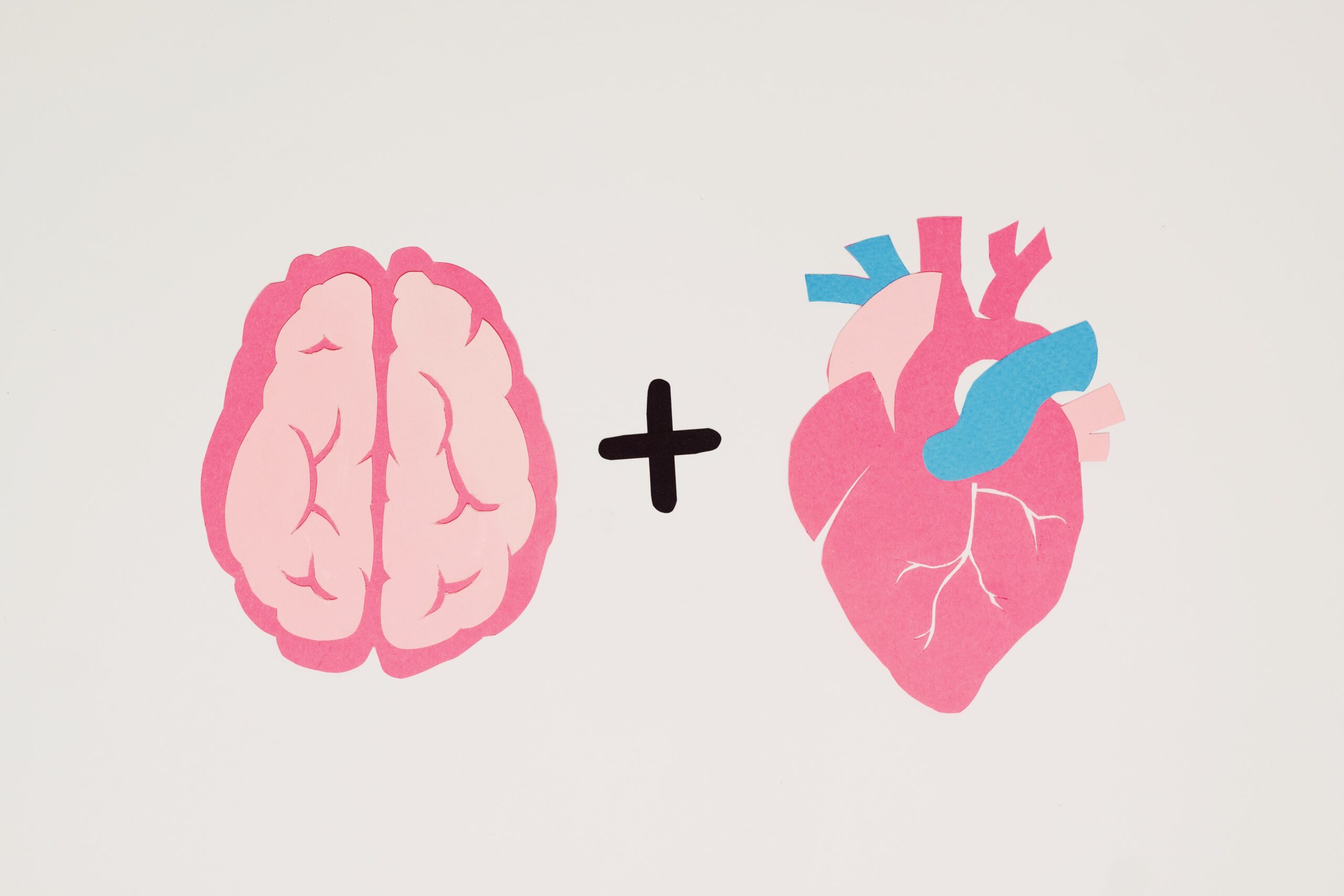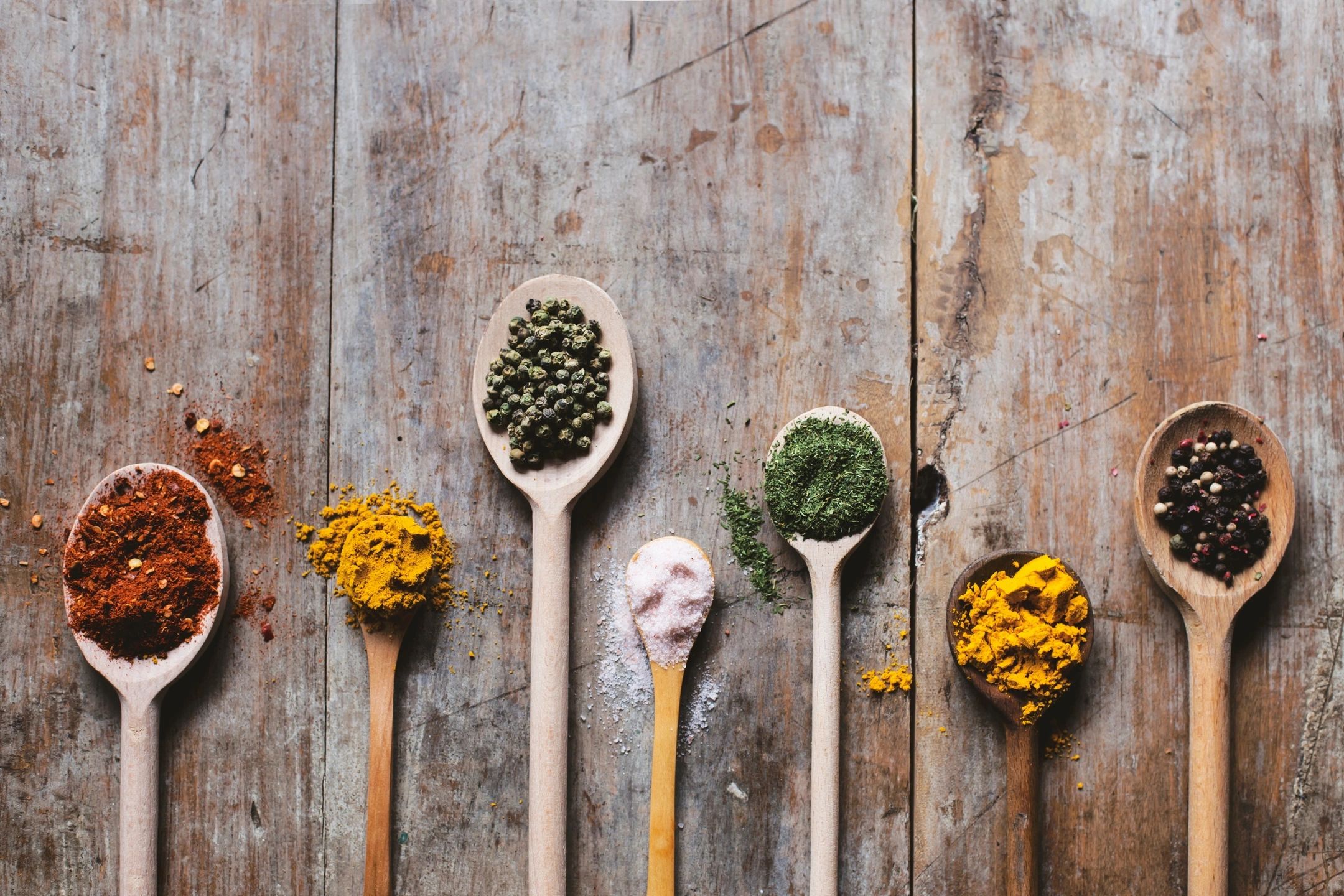5 Strategies for Sobriety & Success
The college experience is often synonymous with freedom, exploration, and self-discovery. For many, it’s a time filled with social gatherings, late-night parties, and an abundance of opportunities to indulge in the temptations that surround us. I was well into my recovery journey when I decided to get my master’s degree. My sponsor urged me to aim high and work hard; if I could master sobriety I could take on any graduate program; and I was accepted to the University of Chicago. As I reflect on my own journey, I am compelled to share the story of how sobriety became a catalyst for personal growth, resilience, and the cultivation of authentic connections amidst the vibrant chaos of college life. Earning a graduate degree and mastering recovery is possible if you follow these 5 strategies for sobriety and success.
Establish a Strong Support System
One of the most crucial aspects of maintaining sobriety in college is building a supportive network around you. Seek out like-minded individuals who share your commitment to sobriety. This can be achieved by joining campus organizations or clubs centered around activities that do not involve alcohol or drugs, such as athletic teams, volunteer groups, or academic societies. Surrounding yourself with individuals who understand and respect your choices will provide a sense of community and make it easier to resist peer pressure. I found that when you seek out clubs that are focused around your area of study, people are committed to the content and substance use is typically not a part of the network.
Utilize Campus Resources
Colleges and universities often offer a variety of resources aimed at supporting students’ well-being. Take advantage of counseling services, support groups, and substance-free events provided by your institution. These resources can provide a safe space to share your experiences, seek advice, and connect with others who are also on a sober journey. Additionally, many campuses have student health centers that provide confidential counseling and medical assistance for substance-related issues. Reach out to these professionals whenever you need guidance or support. These people are there to help you, and you don’t need to be in a dire situation to utilize resources made available to you.
Engage in Healthy Activities
Filling your schedule with healthy and fulfilling activities is an effective way to stay sober in college. Engage in regular exercise, as physical activity has been shown to improve mood and reduce cravings. Join a gym or participate in intramural sports to keep yourself active and meet new friends who share your interest in a healthy lifestyle. Explore hobbies and interests outside of the party scene. Whether it’s painting, writing, playing an instrument, or any other creative outlet, these activities can provide a sense of fulfillment and help distract you from the temptation of substance use.
The great thing about being on a college campus is that there is always something to do. If you fill your time with substance free activities, you won’t have time for anything else. Additionally, there are AA meetings everywhere, including your college campus. Attending a program is often a nice break from studying.
Plan Ahead for Social Events
Attending social events can be daunting when you’re trying to stay sober. However, with proper planning and preparation, you can navigate these situations successfully. Before heading to a party or gathering, consider driving yourself or arranging a safe and sober ride home. Offer to be the designated driver for your friends. This will reinforce your commitment to sobriety and allow you to contribute positively to the group. Additionally, have a few non-alcoholic drink options in mind.
You can always fall back on your need to get more rest or study time in. There is no need to apologize for dipping out of an event when you start to feel overwhelmed. Learning the art of the “Irish goodbye” and leaving without notice is a perfectly fine way to step away from potential substance use.
Seek Professional Help When Needed
Finally, if you’re struggling with maintaining sobriety in college, don’t hesitate to seek professional help. Substance abuse counselors, therapists, or addiction specialists can provide the guidance and tools necessary to overcome challenges and build a solid foundation for long-term recovery. Reach out to your college’s counseling center or consult with your primary care physician for referrals to qualified professionals. At Adam Banks Recovery, we can assess your situation and point you in the right direction. I certainly understand how it feels to balance the pressures of graduate school and sobriety.
While staying sober in college can be demanding, it is certainly achievable with the right strategies in place. Surrounding yourself with a supportive network, utilizing campus resources, engaging in healthy activities, planning for social events, and seeking professional help when needed are all effective ways to ensure a successful and sober college experience. Remember, your decision to stay sober is a powerful one, and it will pave the way for a brighter future filled with personal growth and academic success. These “wins” in life prove that your recovery will be followed by success.
About Adam Banks
Adam Banks is a certified interventionist and the owner of Adam Banks Recovery. After receiving an MBA from the University of Chicago, Adam built a company acquired by United Health Care. His discipline and attention to detail come from his former career as an airline pilot, holding an ATP, the FAA’s highest license.
Today, Adam is dedicated to helping others achieve long-term sobriety. His work has guided executives, pilots, and physicians on paths to recovery. Adam brings families together through a loving and inclusive approach. Adam has authored four books on addiction. His recent work, Navigating Recovery Ground School: 12 Lessons to Help Families Navigate Recovery, educates families on the entire intervention process. He also offers a free video course for families considering an intervention for a loved one.
Adam is available for alcohol and drug intervention services in New York, Long Island, and the Hamptons as well as nationally and internationally.

















